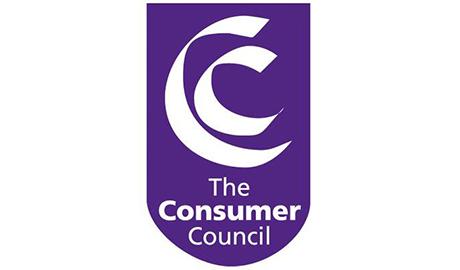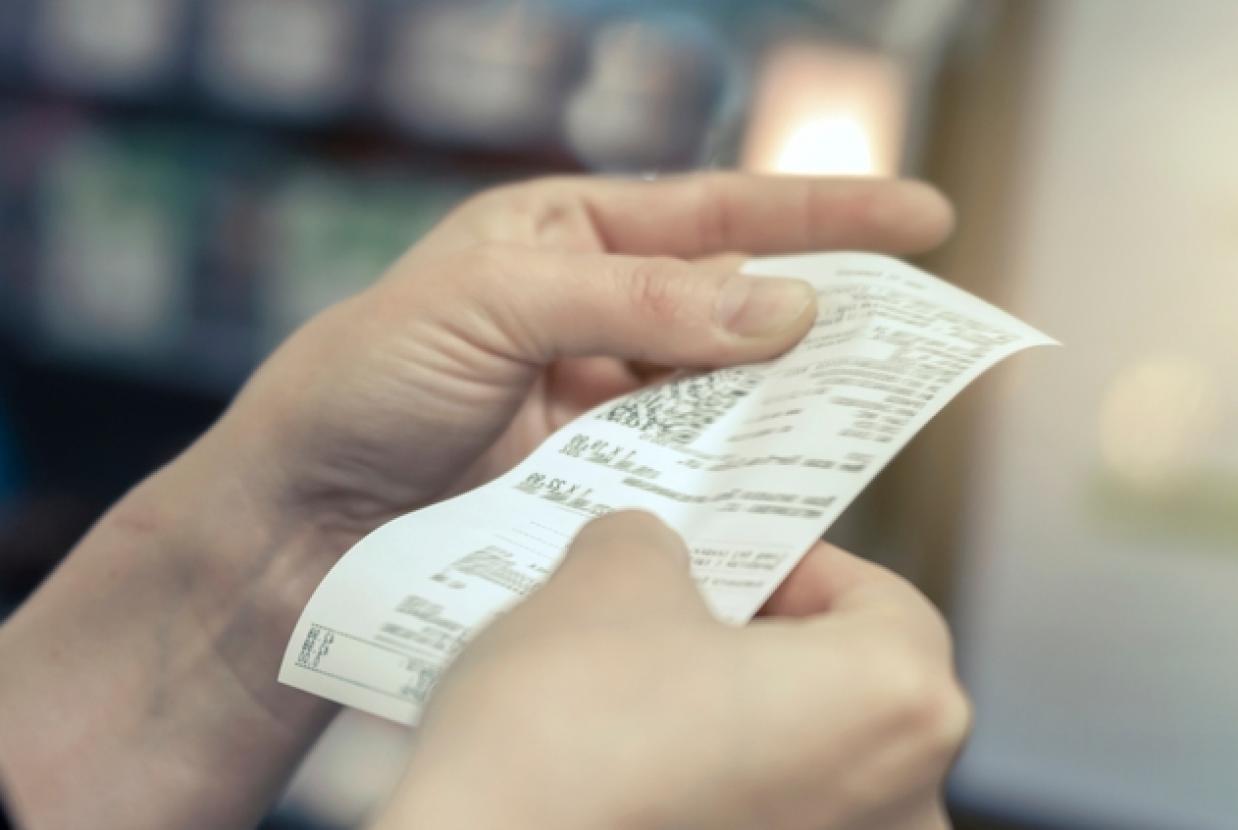Unfair Trading
The Consumer Protection from Unfair Trading Regulations 2008 places a duty on traders to do business honestly and fairly. It tackles unfair trading practices, including:
Misleading Actions
A commercial practice is misleading if it gives false information or sets out to deceive consumers.
Example: the mileage on a car has been tampered with to show 80,000 miles when it should be 150,000 miles. Misleading Omissions A commercial practice can also mislead if it omits or hides material information or provides it in a manner which is unclear, unintelligible, ambiguous or untimely. Example: Not stating that an additional charge applies, for example delivery charges or taxes.
Aggressive Practices
A commercial practice is aggressive if it causes a consumer to reach a decision about goods or services that they may otherwise not have made, had they not been subjected to harassment, intimidation or undue influence.
Example: A doorstep trader who pressurises you to pay in cash for home repairs and brings you to the bank to withdraw cash immediately
Banned practices
The Regulations also place an outright ban on 31 specific business practices. They include:
- Faking credentials, for example falsely claiming to be a member of the Glass and Glazing Federation;
- Falsely stating that a product or offer will only be available for a very limited time;
- Using scare tactics, for example telling a consumer their safety is at risk unless they purchase a burglar alarm today;
- Falsely claiming that a product is able to cure illness, dysfunction or malformations;
- Describing a product as ‘free’ when in fact you have to pay to claim a prize or receive samples;
- Creating the impression that you cannot leave the premises until a contract is signed; or
- Including in an advertisement a direct message aimed at children to buy advertised products or persuade their parents or other adults to buy advertised products for them.
Consumers’ right to redress
In addition to the criminal offences the trader may commit by doing any of the activities previously described, the Regulations also provide you with the option to seek redress via the civil courts. In order to do this, there are certain conditions that must be met.
You must have done one of the following:
- Entered into a contract to buy a product (goods, services, digital content, etc) from a business/trader;
- Entered into a contract to sell goods to a trader (a consumer-to-business contract); or
- Made a payment to a trader for supply of a product (consumer-payment contract).
The trader must have engaged in a prohibited practice such as a misleading action or an aggressive practice. The business/trader can also be held liable for misleading actions or aggressive practices carried out by the producers of goods or digital content they supply, if it can be reasonably expected they should have known about the prohibited practice.
For example, they may be selling a product in the knowledge it does not fit the description supplied in the advertisement.
The prohibited practice was a significant factor in your decision to make the purchase. For example, you were prevented from properly shopping around for a deal because you were told the offer was only valid for that day, when in fact the price would have been valid for all of that month.
Right to a discount
This right applies where the right to unwind has been lost. This may be because of a delay in complaining or because the goods have been fully consumed. For goods and services costing less than £5,000 there is a fixed percentage discount ranging from 25% for more than minor issues to 100% for very serious cases.
Above £5,000, if the misleading or aggressive practice led to you paying more than the market price for the product, the price is reduced to the market price. You may also claim a discount instead of unwinding a contract where the right to unwind still exists but you do not wish to end the contract.
Damages
You can claim damages if you have suffered reasonably foreseeable losses that exceed the price paid for goods, digital content or services. This can cover alarm, distress, physical inconvenience or discomfort, as well as financial losses suffered as a result of the prohibited practice.
Damages may be claimed in addition to unwinding the contract or claiming a discount. Damages are not payable if the business/trader can establish that the prohibited practice occurred due to a mistake, reliance on information supplied to them by another person, an accident or some other cause beyond their control. However, the trader must show they have taken all reasonable precautions and exercised all due diligence to avoid the prohibited practice occurring.





















